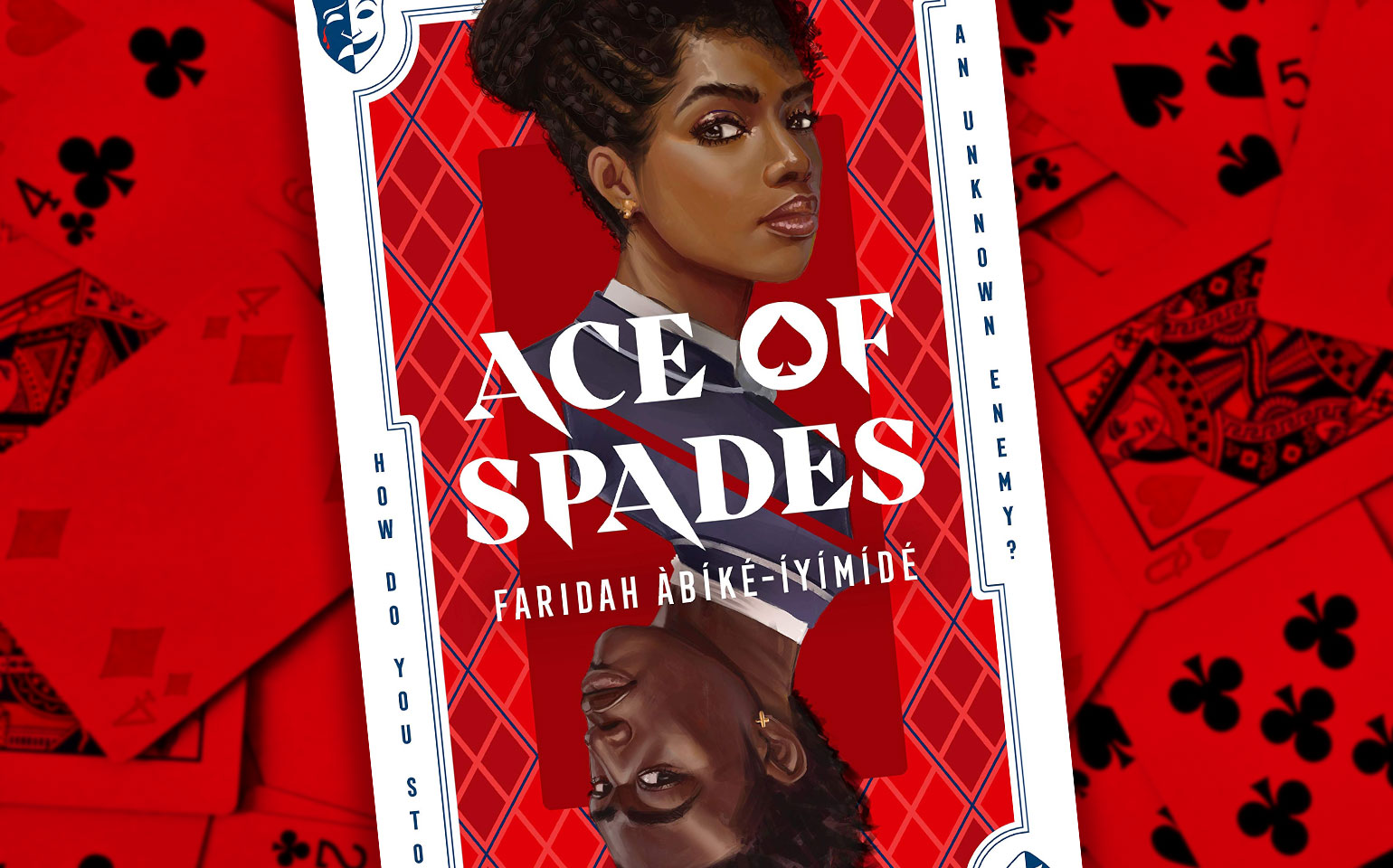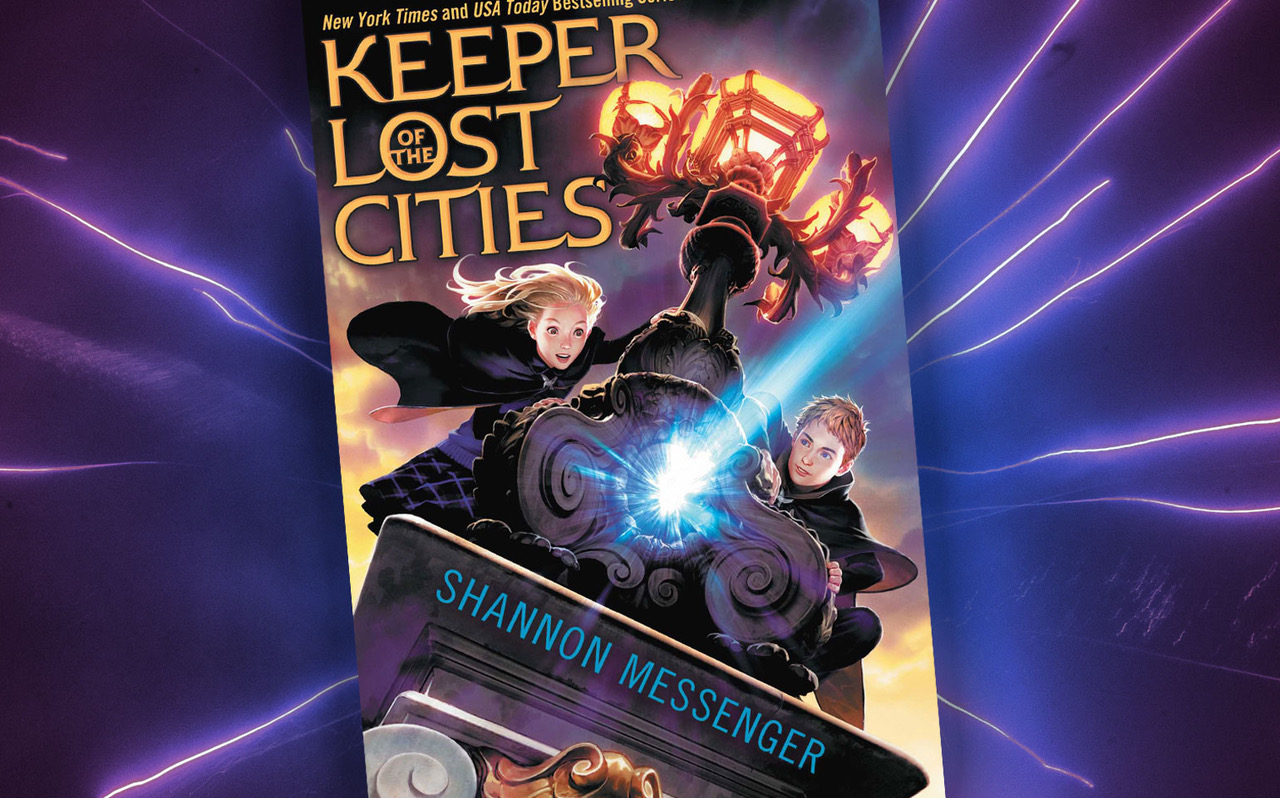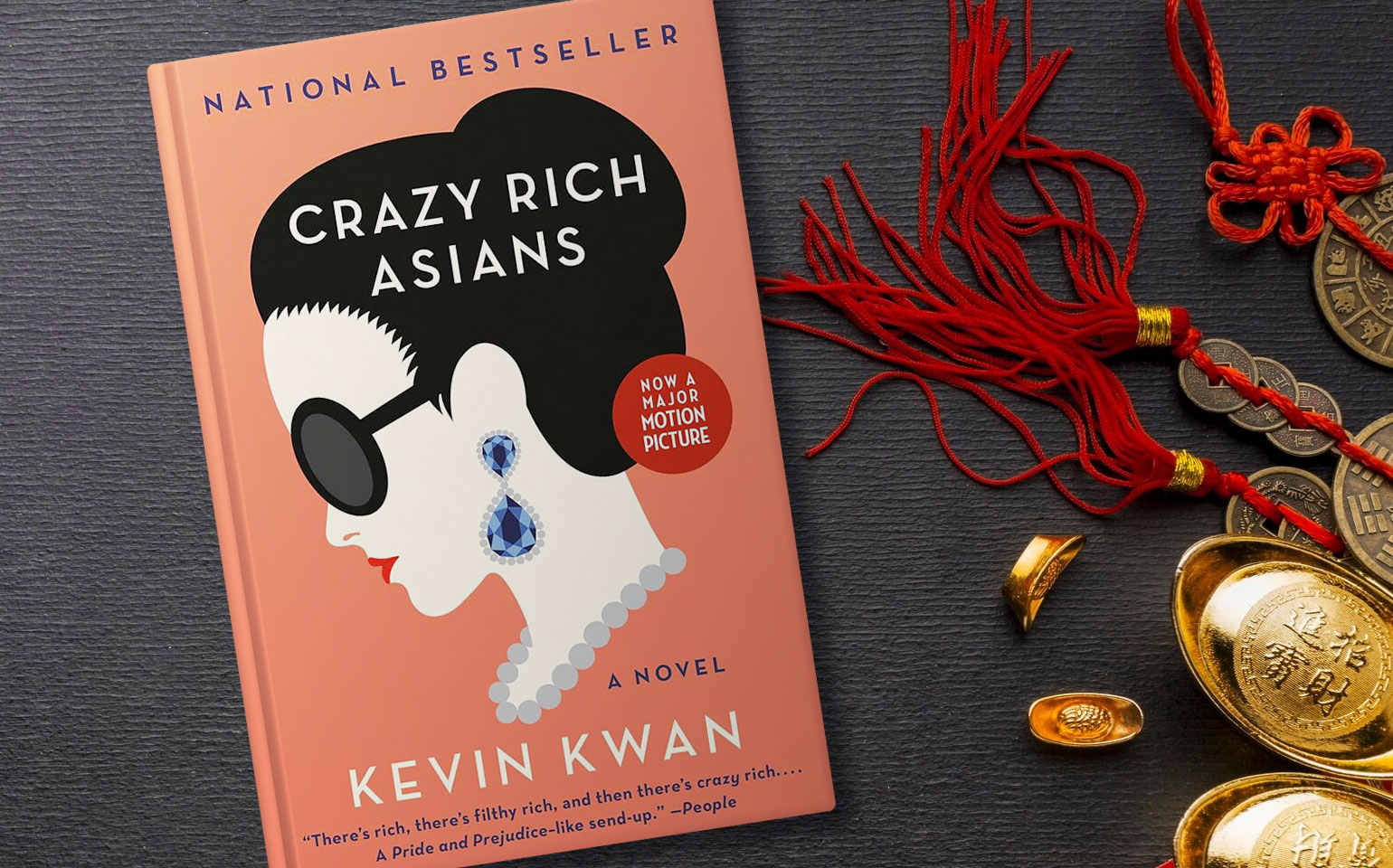
My Thoughts on Ace of Spades
As someone who thoroughly enjoys reading, it’s only natural for me to gravitate towards people who do, too. This is precisely how I found myself in a book club for Black YA books, which generally receive significantly less hype and exposure. Ace of Spades by Faridah Àbíké-Íyímídé was the second book selected to read in this club, and it is also one of the best I read during my summer break.
“How do you stop an unknown enemy?” – Ace of Spades tagline
When the protagonists, Chiamaka Adebayo and Devon Richards, start to be targeted by an anonymous texter called Aces, that is exactly the question they need to ask themselves. Besides being the only two Black senior students at Niveus Private Academy, these two have seemingly nothing in common, and yet Aces declared them Public Enemy No. 1. At first, it seems that Aces only wants to destroy their reputation, but as the game stretches on, it becomes clear that the game’s purpose is much, much darker than either of them had initially thought. With the danger escalating and their fates at Niveus hanging in the balance, Chiamaka and Devon have to band together in order not to lose everything they’ve worked so hard for.
Fans of series like Gossip Girl and Pretty Little Liars may see similarities in Faridah Àbíké-Íyímídé’s Ace of Spades, but in truth, Ace of Spades is so much more than a copy of those popular franchises. For one thing, it gives readers what those aforementioned works did not: Black leads. Devon and Chiamaka show an authenticity in their Blackness which many other Black characters are not afforded; far too many are portrayed through stereotypical tropes like the incredibly common Token Black Friend (think Teddy’s best friend Ivy on Good Luck Charlie), but stereotypes like that are nowhere to be seen in Ace of Spades’s two protagonists. Instead, they present relevant commentary on the Black experience in a manner especially relatable to Black readers.
“I don’t straighten my hair because I hate it; I straighten it because everyone else hates it for me.” – Chiamaka, Ace of Spades
From the beginning, Chiamaka was the character that stood out to me; with a name originating from the Igbo Nigerian language–just like my name, Chidimma–I was immediately drawn to her story. I remember gasping, actually, when I first learned her name; Nigerian characters tend to be rare in YA literature, you can’t blame me for being excited! Though Chiamaka is not exactly likeable in the beginning, the evolution of her character through the novel is incredibly satisfying to witness. I don’t want to spoil the novel but let me just say she grows so much beyond the mold of popularity she imposed on herself. Her methods to establish herself as Queen Bee may have been cruel, but they are understandable within the ruthless environment of the Academy, especially being one of two Black students in the whole school.
Her Blackness is still a hindrance for her, even despite being born into a life of luxury and privilege and limiting how Black she allows herself to be. It’s a great illustration of how the existence of rich Black people does not disprove the existence of racism.
Devon, on the other hand, was likeable from the get-go. He is sweet, quiet, and Aces’s very first target. While Chiamaka made a lot of enemies during her rise to popularity, Devon kept his head down during his years at Niveus, so the hostile attention from Aces is startling to him. However, it forces him to come out of his shell more and confront some truths about himself and his relationships. Although his development may not be as dramatic as Chiamaka’s, its subtlety is beautiful in its own right.
In my opinion, Ace of Spades’s only downfall was its ending: it felt really rushed. For a book that spent the last several hundred pages building up a deep-rooted conflict that threatens the very lives of Devon and Chiamaka, the manner of how the conflict is resolved is very hasty. To me, the event that ended Aces was a deus ex machina, which can be described as a seemingly inescapable, hopeless situation that is suddenly and miraculously solved by a wholly unexpected event. I think that working this solution subtly into the rising action of the novel would’ve allowed the ending to feel less out-of-place as it did. As well, Chiamaka’s epilogue was too short for my taste. There were a lot of points in her story that were left unfinished, and it would have been nice to see the resolution of those aspects. Aside from the ending, however, I do think that this novel is worthy of all praise and adoration.
Ace of Spades is a book packed with thrilling suspense in each of its pages, with countless twists and turns at every corner. It’s an entertaining, can’t-put-down read that had me awake late at night, flashlight held up to the words. Overall, Ace of Spades is a solid 8/10. If you’re into contemporary novels featuring social issues like racism and homophobia with a Gossip Girl sort of plot addition, then Ace of Spades is the book for you.
Happy reading!



